These achievements are largely based on the extensive growth model, which exploits input factors such as cheap labor and foreign direct investment (FDI). This model has helped Vietnam maintain impressive growth over the years.
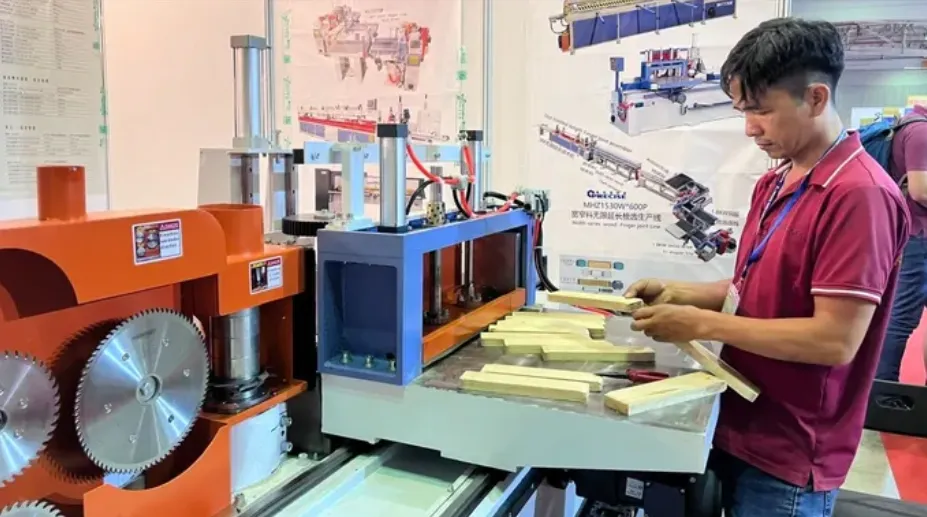
However, in the new context, the above growth model is revealing its limitations. Although short-term growth has created breakthroughs, in the long term, the economy is facing difficult problems: low labor productivity, limited added value in the production chain, and insufficient technological autonomy. This makes it impossible for Vietnam to escape the group of lower-middle-income countries, and at the same time, it faces the risk of falling into the "middle-income trap".
Meanwhile, the world is changing rapidly, and the global landscape is becoming more complex. After the Covid-19 pandemic, the global supply chain is undergoing a profound restructuring. Countries are increasingly leaning towards protectionism, prioritizing “economic security” and “supply chain self-reliance”, making the linkages in international trade more tense.
In addition, geopolitical conflicts around the world are also creating fragmentation in the global trade system. For an economy with a large openness like Vietnam, these fluctuations are not only challenges but also opportunities to test and affirm the country's adaptability.
Therefore, to develop sustainably and improve competitiveness, we need to successfully transform the growth model from quantity-based growth to quality-based growth. This means focusing on improving labor productivity, promoting innovation and applying technology. This is the key for Vietnam to improve its position on the world economic map, creating a more self-reliant and sustainable economy.
However, this paradigm shift cannot be achieved by administrative orders alone. To achieve this goal, the country needs “pathfinders”, individuals and organizations who dare to take the lead, dare to face challenges and take risks in a context of many risks and uncertainties.
These “pathfinders” are leaders who dare to experiment with new policy models to support innovative businesses, and are businesses willing to invest in advanced technologies such as artificial intelligence (AI), blockchain, and clean technology fields that Vietnam has no precedent for.
These are also start-up models that dare to reach out to the international market when the supporting institutions are not yet complete; they are scientists and experts who constantly connect research with production to commercialize research results.
For the spirit of “opening the way” to spread widely, Vietnam needs to build a solid innovation ecosystem, including testing mechanisms, flexible legal frameworks, venture capital funds, and connections between research institutes, schools, and businesses. Only with a strong supporting ecosystem can innovation initiatives thrive and spread throughout society.
It is time for us to reach a high level of consensus at all levels, sectors and localities that growth is no longer a race of quantity but a race of creativity and adaptability. To participate in this race, we cannot continue to follow the old path, but need to have breakthrough, bold and creative steps.
The spirit of "opening the way", daring to think, daring to do, daring to be a pioneer needs to be aroused, nurtured and spread not only among businessmen, but also among managers, scientists and the young generation.
If the previous generation "paved the way" to open the door to integration, today's generation needs to continue to "pave the way" to create a more in-depth, self-reliant and sustainable growth model for the country's future.
Source: https://www.sggp.org.vn/khoi-day-tinh-than-mo-loi-cho-tang-truong-post796764.html


![[Photo] Ea Yieng commune settlement project abandoned](https://vphoto.vietnam.vn/thumb/1200x675/vietnam/resource/IMAGE/2025/5/25/57a8177361c24ee9885b5de1b9990b0e)
![[PHOTO] Hanoi fences off demolition of "Shark Jaws" building](https://vphoto.vietnam.vn/thumb/1200x675/vietnam/resource/IMAGE/2025/5/25/1b42fe53b9574eb88f9eafd9642b5b45)

![[Photo] French President Emmanuel Macron and his wife begin state visit to Vietnam](https://vphoto.vietnam.vn/thumb/1200x675/vietnam/resource/IMAGE/2025/5/25/03b59c7613144a35ba0f241ded642a59)
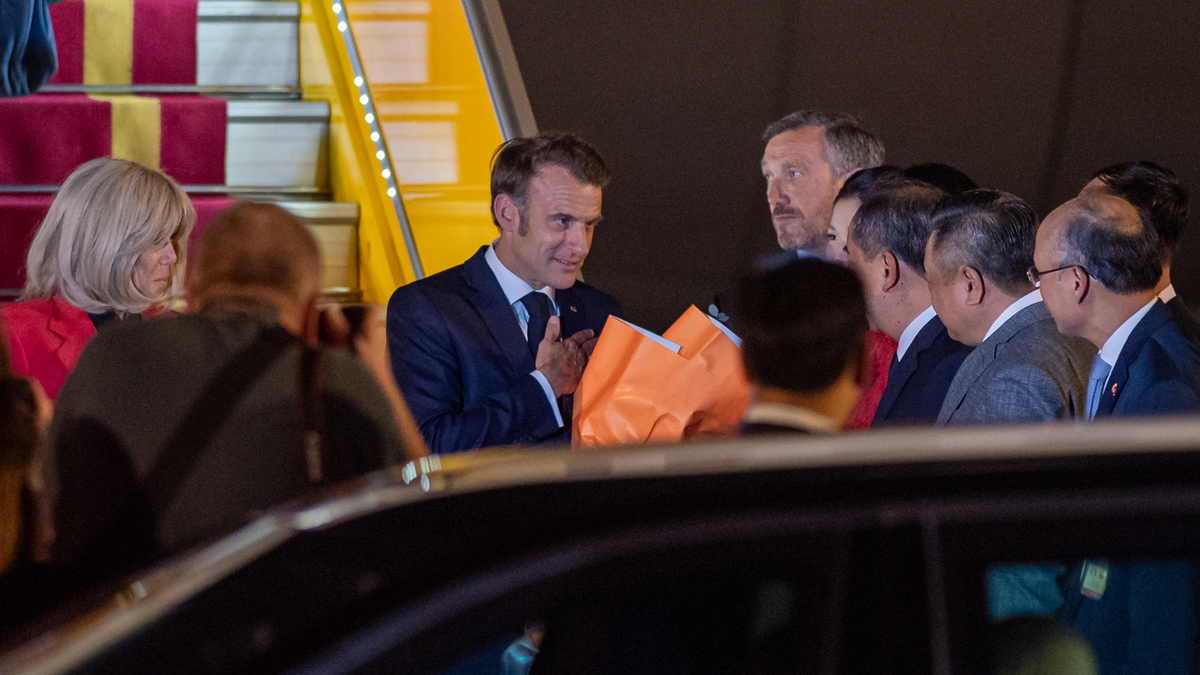

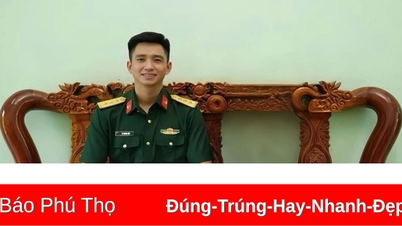

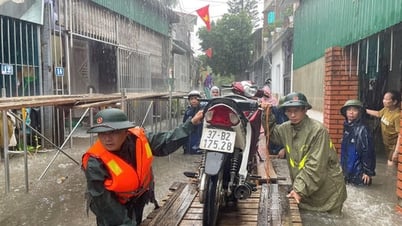

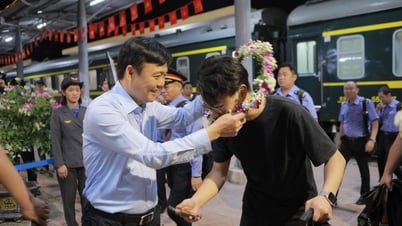

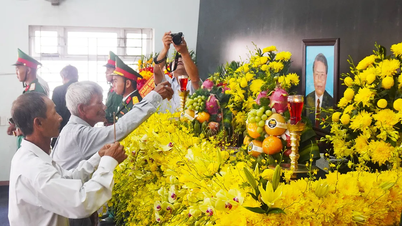
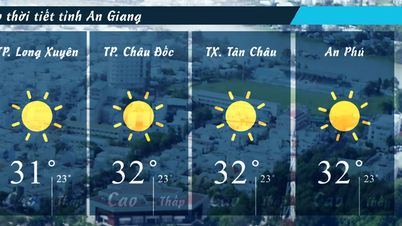

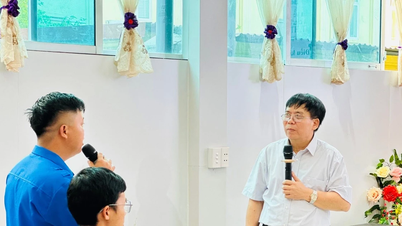





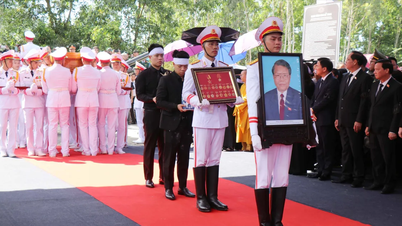
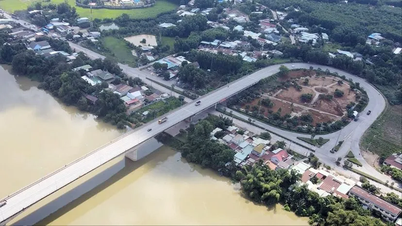
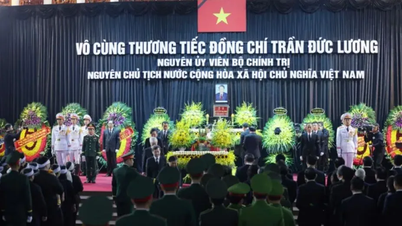
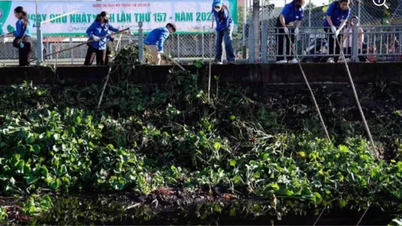
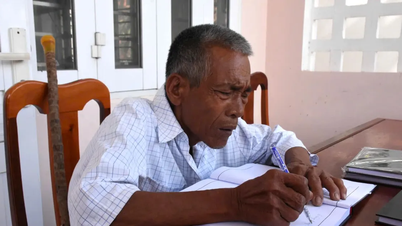
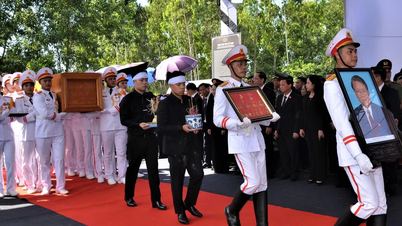
![[Photo] Funeral of former President Tran Duc Luong in Quang Ngai](https://vphoto.vietnam.vn/thumb/1200x675/vietnam/resource/IMAGE/2025/5/25/ccf19a3d8ea7450bb9afe81731b80995)
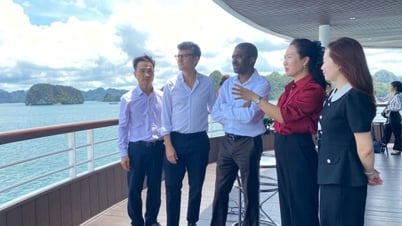

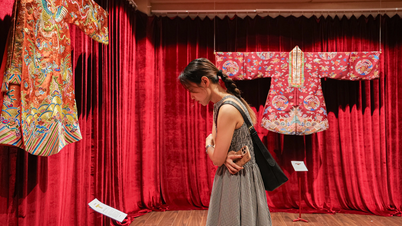









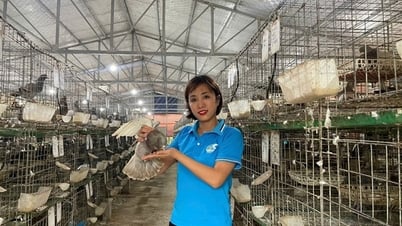

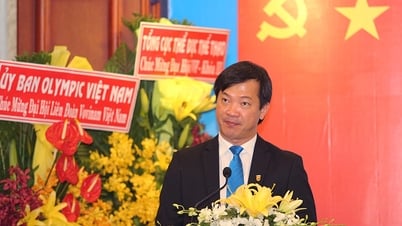

















![[Infographic] Vietnam-France Comprehensive Strategic Partnership](https://vphoto.vietnam.vn/thumb/402x226/vietnam/resource/IMAGE/2025/5/26/986f63068ea9413dbbb558ee6c6944f3)


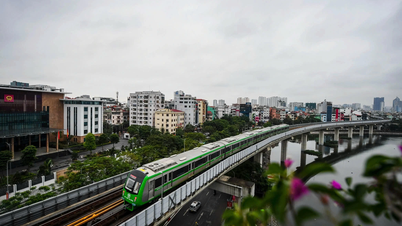
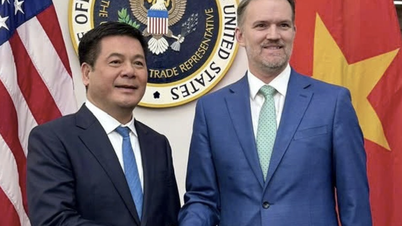

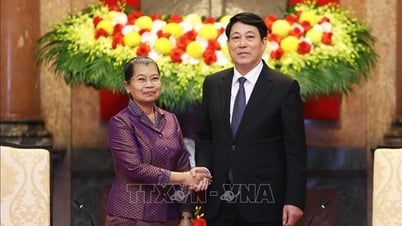

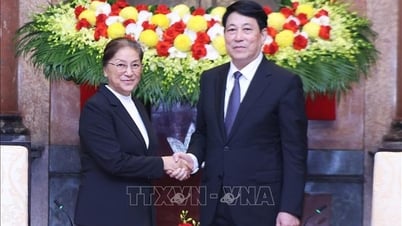





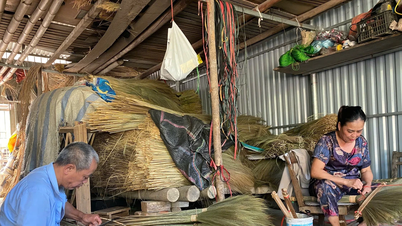
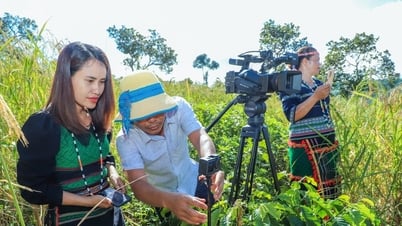



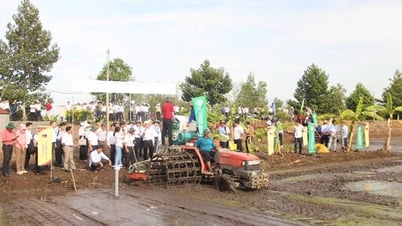
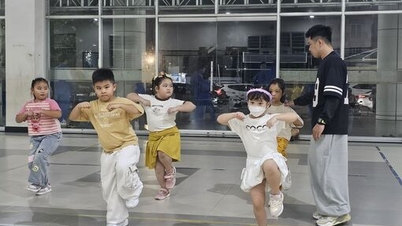

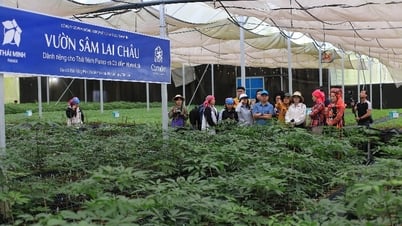



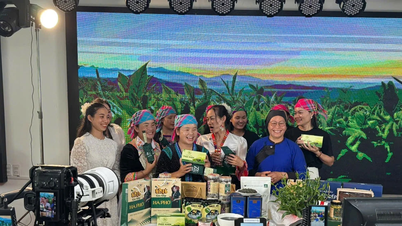






Comment (0)